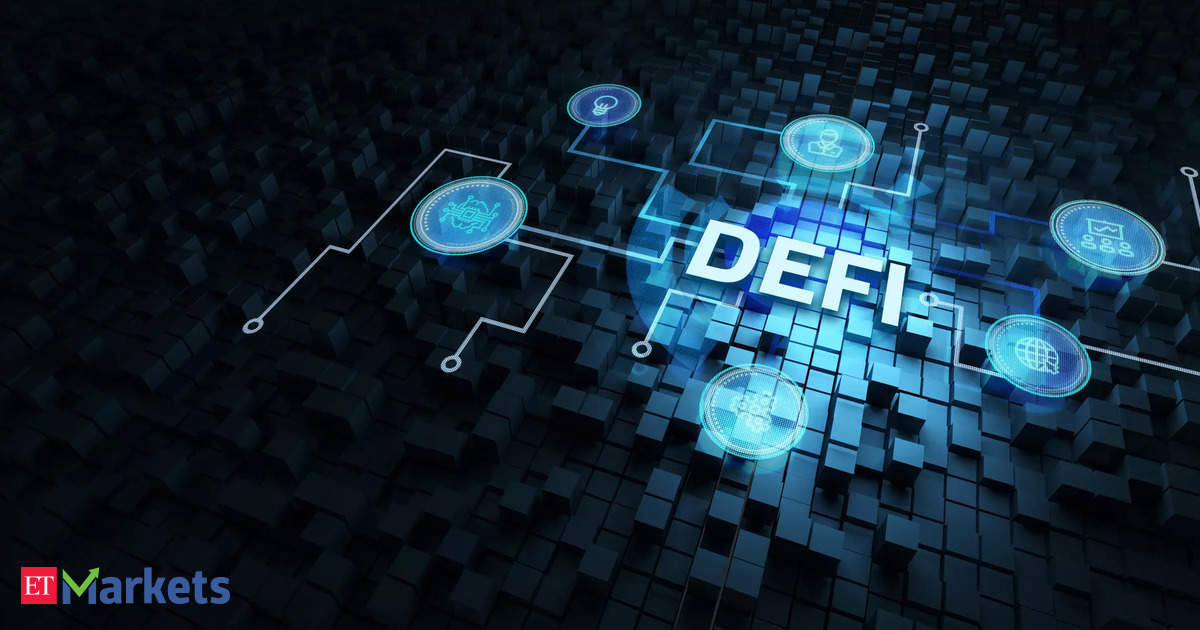Understanding decentralized finance: Insights from Ashish Anand of Bru Finance
What is decentralized finance?
Decentralized finance, or DeFi, is a groundbreaking concept in the financial world. Traditionally, financial transactions require intermediaries like banks or exchanges. However, with the emergence of digital assets such as cryptocurrencies, certain aspects of financial transactions can now be conducted without intermediaries. DeFi allows for financial activities, such as lending, borrowing, and trading, to occur directly between parties through smart contracts on blockchain networks. This eliminates the need for banks or third-party intermediaries and opens up a whole new realm of possibilities for financial transactions.
What is a protocol and how does it relate to DeFi?
In simple terms, a protocol in the context of DeFi is a platform or set of rules and procedures implemented through smart contracts on a blockchain network. These protocols facilitate various financial transactions, such as lending, borrowing, or trading, without the need for intermediaries. For example, is a layer one protocol, serving as the foundation for various DeFi applications. Other protocols, like Polygon, operate on top of Ethereum, providing additional functionalities or scalability. Protocols play a crucial role in enabling decentralized finance by governing how transactions are executed on blockchain networks.
How can decentralized finance benefit traditional finance?
DeFi has the potential to revolutionize traditional finance by introducing efficiency, accessibility, and innovation. Real-world assets can be tokenized and brought onto blockchain networks, allowing for greater liquidity and accessibility to global markets. For example, loans can be issued against tokenized assets, enabling individuals and businesses to access capital more efficiently. Additionally, DeFi can facilitate the creation of sophisticated financial products, such as derivatives or structured products, tailored to digital assets. Overall, the integration of DeFi with traditional finance can lead to lower costs, greater transparency, and increased financial inclusion.
How can investors identify promising opportunities within the DeFi sector?
Identifying promising opportunities in DeFi requires a combination of understanding market dynamics, assessing risk, and aligning with one's investment goals. Investors should research DeFi projects thoroughly, examining factors such as the team behind the project, the technology being utilized, and the market demand for the product or service. Additionally, investors should consider their risk tolerance and investment horizon when evaluating DeFi opportunities. Projects that offer innovative solutions to existing financial problems and demonstrate strong community support may present promising investment prospects.
What challenges and regulatory considerations need to be addressed for DeFi to realize its full potential?
DeFi faces several challenges and regulatory considerations that must be addressed for its widespread adoption. One key challenge is the lack of standardized regulations governing DeFi activities across different jurisdictions. Establishing clear regulatory frameworks that address issues such as investor protection, anti-money laundering, and jurisdictional disputes is essential for the long-term success of DeFi.
Additionally, technological challenges, such as scalability and security, need to be addressed to ensure the reliability and stability of DeFi protocols. Overall, collaboration between regulators, industry stakeholders, and technology developers is crucial to overcoming these challenges and unlocking the full potential of DeFi.
Are decentralized protocols a challenge to traditional banking systems?
Decentralized protocols are not necessarily a challenge to traditional banking systems but rather complementary. Traditional banking systems serve vital roles in the economy and are heavily regulated to ensure stability and security. However, decentralized protocols offer unique advantages, such as efficiency, transparency, and accessibility, that can enhance the existing financial infrastructure. By leveraging the strengths of both decentralized finance and traditional banking systems, we can create a more inclusive and efficient financial ecosystem.
(Disclaimer: Recommendations, suggestions, views and opinions given by the experts are their own. These do not represent the views of The Economic Times)
Source: Forex-Markets-Economic Times
